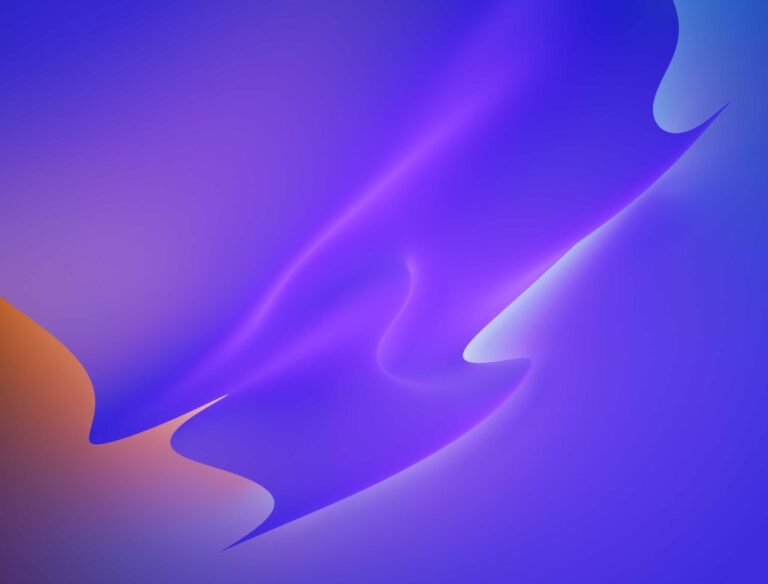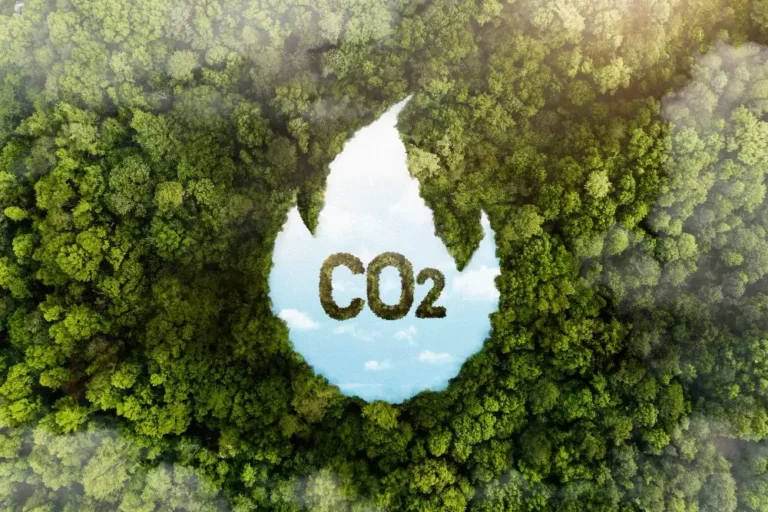In the ever-evolving landscape of marketing, the rise of Artificial Intelligence (AI) has sparked a significant debate: Can AI truly replace human creativity? As technology continues to advance, AI is becoming increasingly integrated into various aspects of marketing, from data analysis and customer segmentation to content creation and personalized recommendations. But does this mean that human creativity is on the verge of becoming obsolete?
The Role of AI in Marketing
AI has revolutionized the marketing industry by automating repetitive tasks, analyzing vast amounts of data, and delivering insights that were once impossible to achieve manually. Tools powered by AI can now generate content, design ads, and even optimize campaigns in real-time. For instance, AI-driven platforms like ChatGPT can create blog posts, social media updates, and email copy with remarkable accuracy, saving marketers valuable time and resources.
Additionally, AI algorithms can analyze consumer behavior, predict trends, and tailor marketing messages to individual preferences. This level of personalization was previously unimaginable and has significantly enhanced the effectiveness of marketing campaigns. AI’s ability to process and interpret data at scale enables marketers to make data-driven decisions, leading to more precise targeting and better ROI.
The Limitations of AI
Despite its impressive capabilities, AI still has limitations, particularly when it comes to creativity. Creativity is inherently a human trait, involving emotions, intuition, and cultural understanding—elements that AI struggles to replicate. While AI can generate content based on patterns and data, it lacks the ability to create truly original ideas or to understand the nuances of human emotion and context.
For example, an AI can produce a blog post on a given topic, but it might lack the depth, empathy, and storytelling flair that a human writer can provide. Similarly, while AI can design visually appealing ads, it may not capture the emotional resonance needed to connect with an audience on a deeper level. Creativity often involves taking risks, challenging the status quo, and thinking outside the box—areas where AI is still limited.
The Synergy Between AI and Human Creativity
Rather than viewing AI as a replacement for human creativity, it’s more accurate to see it as a powerful tool that can augment and enhance creative processes. AI can handle the heavy lifting of data analysis and automation, freeing up marketers to focus on the more strategic and creative aspects of their work.
By leveraging AI’s capabilities, marketers can gain valuable insights into consumer behavior, identify emerging trends, and optimize their creative efforts for maximum impact. For example, AI can help identify which types of content resonate most with audiences, enabling marketers to craft more targeted and effective campaigns. It can also streamline the creative process by generating initial drafts or ideas that humans can then refine and enhance.
So, can AI replace human creativity in marketing? The answer is no—at least not entirely. While AI has transformed the marketing landscape and will continue to play an increasingly important role, human creativity remains irreplaceable. The unique ability to connect emotionally with audiences, to think critically and creatively, and to innovate in ways that machines cannot, ensures that human marketers will continue to be at the forefront of the industry.
In the end, the future of marketing lies in the collaboration between AI and human creativity. By embracing AI as a tool rather than a competitor, marketers can unlock new possibilities and push the boundaries of what’s possible, driving innovation and achieving greater success in an ever-changing world.



Can AI Replace Human Creativity in Marketing?